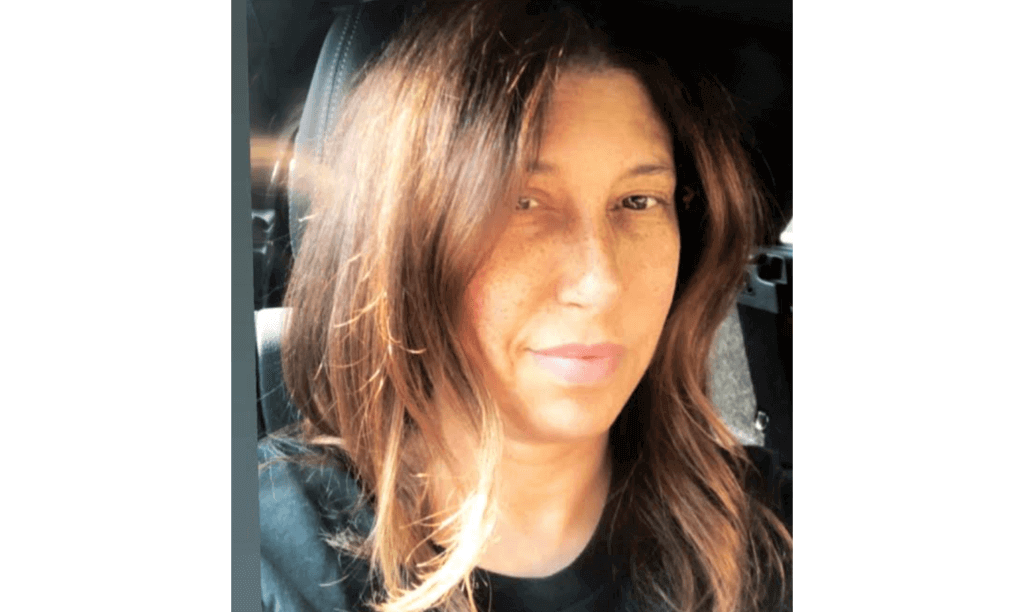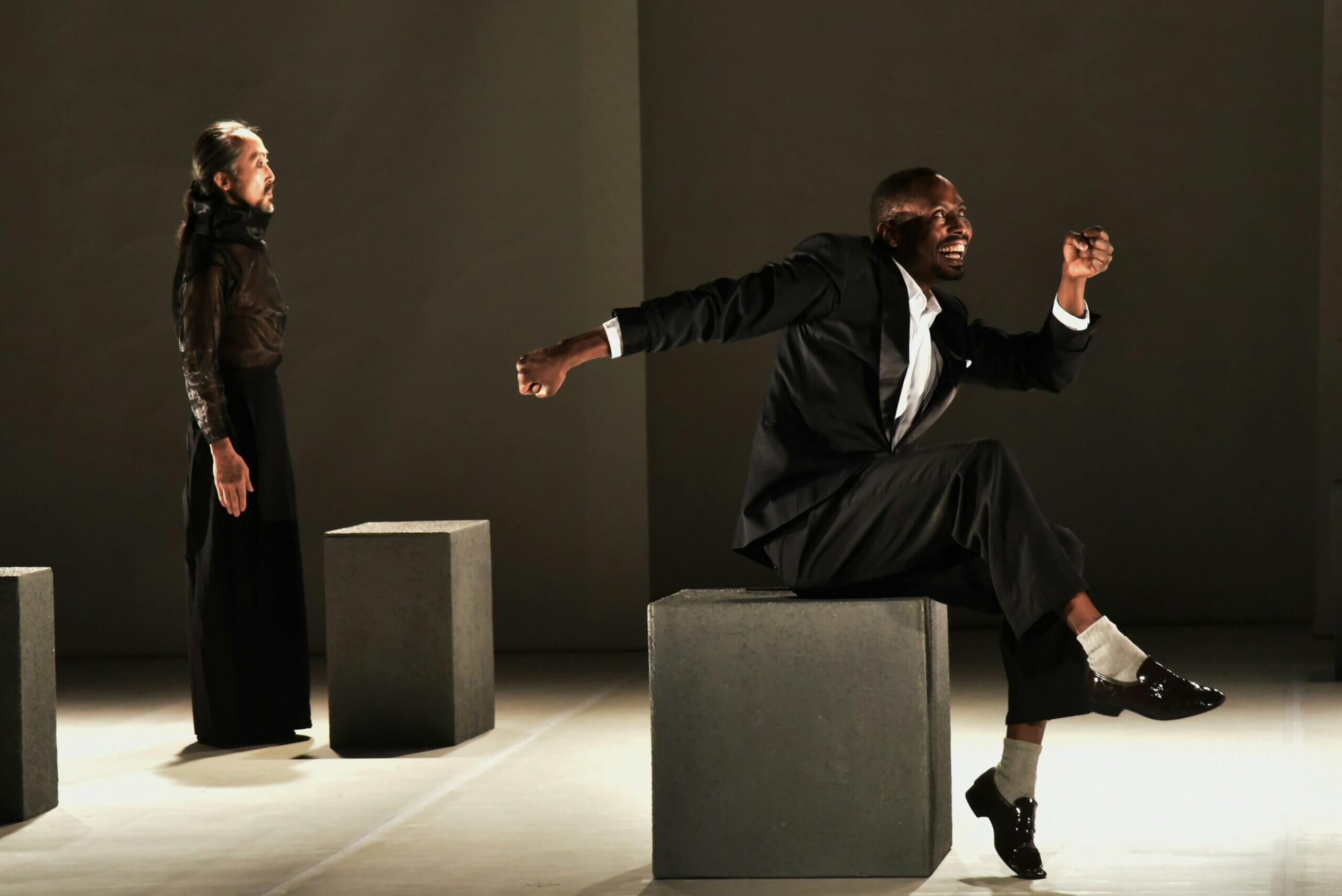Commercial Audition Class with Lisa Roth
As the founder of HMH Casting, Lisa Roth knows a thing or two about the business. From casting an Emmy-nominated PSA for MTV to a Super Bowl spot for Wrigley’s to a campaign for the 2018 FIFA World Cup, the casting director holds some impressive commercial credentials. With a number of projects in the works, Roth still found time to talk with Casting Networks and give her own little mini class on auditioning for commercials. Keep reading for her five key takeaways for actors, including tips that extend beyond the audition room.
1. Keep it professional.
You are your own company, and you have to run your acting career like it’s a business. That means finding a way to personally detach from your product in order to successfully manage and market yourself. A lot of it has to do with communication. If you have an agent but get an audition through a self-submission, I recommend looping your agent in as soon as possible. Agents tend to be more efficient and don’t ask us small, detailed questions that we don’t have time to answer. It’s their job to communicate with casting so let them do it. And definitely don’t direct message (DM) a casting director on their social media page regarding an audition. I’ve had actors DM me on Instagram about technical issues they’re experiencing when trying to upload self-tapes for me. That’s a big no-no because it’s unprofessional. The same goes for checking in about an audition, callback, or avail that you’re on. It’s awkward because we don’t have time to respond to those emails, and it’s not fun to ignore people’s messages. Just trust that if we need to follow up with you, we’ll be able to find you.
2. Forget your audition as soon as it’s over.
I recommend that actors erase their auditions from their memories as soon as they’re done with them. I’ve found that actors will often overthink unimportant aspects of their audition after they leave the room or submit the self-tape. They’ll build up small things into huge issues and get stuck in a loop of negative self-talk, which is only going to hurt them. It’s better to move on so that you can focus properly and prepare for your next opportunity. And the way to do that is to simply forget about every audition the minute it ends. The only exception is if you’re the type of person who always leaves the audition room thinking, “I am so impressed with myself, and they are probably freaking out in there about how great I was.” [Laughs] Then maybe you can spend some time thinking about the auditions you didn’t book.
3. Don’t let your choices get in the way of your performance.
Actors often have an original idea of what they want to do with the audition, but it distracts from their performance. Sometimes they’ll stop really acting out the scene and being present because they’re trying to show you how creative their choice is. We can oftentimes see it on the actor’s face when they get to the point where they want to present their big, original idea. Or they’ll make additions to the material that is a big departure from what they were instructed to do. For example, let’s say that you’re auditioning to play a firefighter in a commercial and the action of the scene is just you putting on a fire suit. If you have your self-tape reader yell “fire” from off-camera even though it’s not in the sides, it will distract us from the actual performance. We don’t need any big extras added to your take. The actors that our clients are going to take notice of are the ones who are really naturally engrossed in the scene.
4. Go with your gut.
I don’t think that actors are in touch enough with their instincts when they do self-tapes. There’s always this natural moment during a self-tape when it should end, but actors will often decide to keep going. And that’s when things take a turn for the worse. Actors sometimes drag out a scene that was supposed to end and take away from what had been a good audition. This especially pertains to self-tapes since live Zoom auditions will have a session director to stop that from happening. And I’ll share an example that comes with a lesson in itself. There was an actor who had nailed his self-tape but then kept going with a sexual joke he ad-libbed as a button. That took him out of the running. Inserting that type of joke into your audition is never funny or appropriate. Don’t make it weird.
5. Refrain from adding too much dialogue.
We’ve already touched on how less is more when auditioning. This especially pertains to commercial auditions with no dialogue. You can throw in a word here and there if it supports the scene, but oftentimes when actors create their own dialogue, they forget to act. Case in point, I just did a job that centered on a character who was a car salesperson showing potential buyers a car. There were no lines, but a number of actors chose to comment on various, imagined aspects of the car during their auditions. They’d point to things off-camera and be like, “Here’s the sunroof and here are the heated seats and look at that backup camera.” Those actors weren’t engaged in the scene, though, because they were too focused on what they wanted to say. So adding a lot of your own lines isn’t going to serve you, and it goes back to the idea of not letting your choices get in the way of your performance.
Those interested in learning more about the commercial audition process from Roth can check out the classes that HMH Casting offers for children, adults and seniors. The casting director is also active on Instagram, where actors can find commercial breakdowns periodically posted.
This interview has been edited and condensed for clarity.
Follow us on Facebook, Twitter and Instagram for breaking industry news and exclusive offers!




